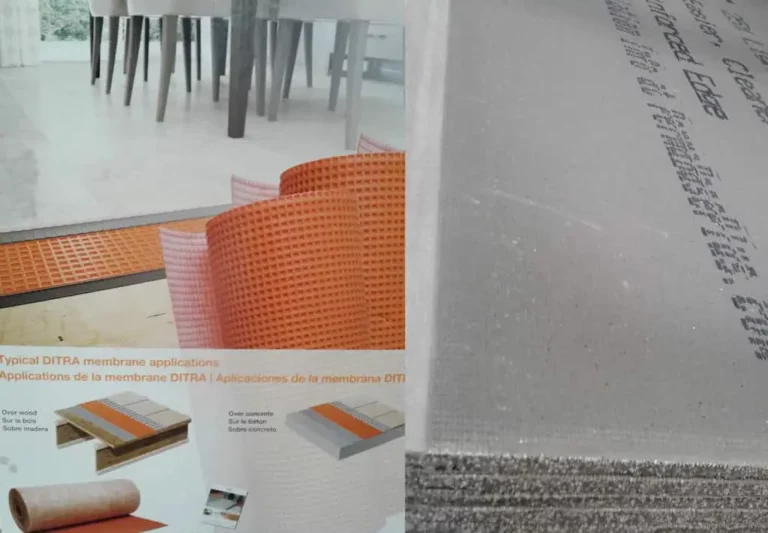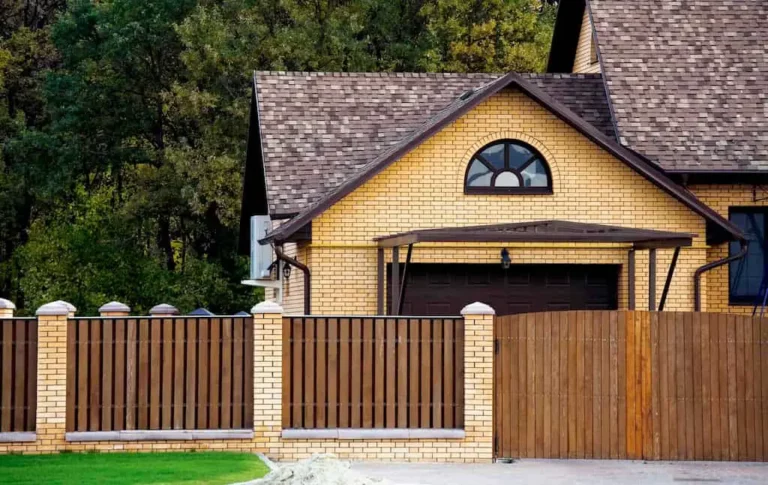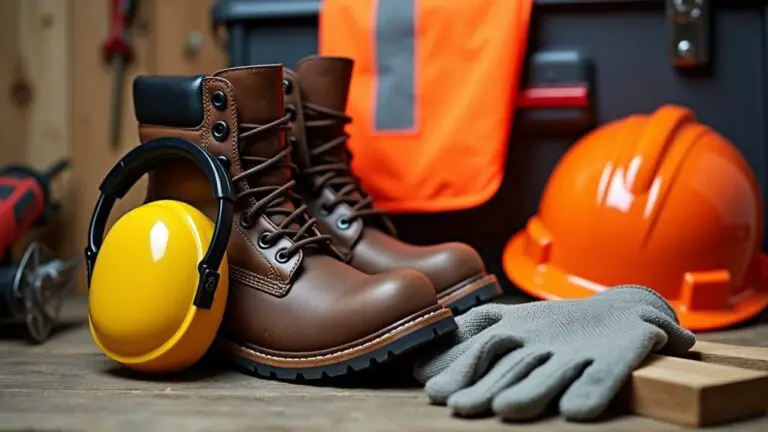What Are the Different Types of Water Heaters?

You might think that all water heaters are the same, but that’s not the case. When choosing a new water heater, you have several options, each with its own set of benefits and drawbacks. Storage tank water heaters are the most common, offering a ready supply of hot water, but they can be inefficient. Tankless water heaters provide hot water on demand, reducing energy consumption. Heat pump water heaters use ambient air to heat water, making them highly efficient. Solar powered models harness sunlight, and hybrid systems combine different technologies. Understanding these differences can help you make an informed decision that suits your needs.
Storage Tank Water Heaters
Storage tank water heaters are the most common type of water heater, and for good reason. These heaters can be powered by electricity, gas, propane, or oil, offering versatility in your energy choices. They store heated water in an insulated tank, which can range in size from 20 to 120 gallons, allowing you to choose a size that matches your water usage.
One of the key advantages of storage tank water heaters is their relatively low initial cost compared to other types. The technology is simple and familiar, making maintenance and repairs straightforward. Installation is also relatively simple, especially when replacing with the same type. Newer models are more energy-efficient due to improved insulation, reducing standby heat loss.
However, there are some drawbacks. These heaters continuously heat and maintain a large volume of water, which can be energy-inefficient, leading to higher operating costs. They also lose heat through the tank walls and can run out of hot water if demand exceeds the tank’s capacity.
Regular cleaning and flushing are necessary to maintain efficiency, and they typically need replacement every 10 to 15 years. Additionally, there’s a risk of water damage due to potential leaks or corrosion. They also require regular maintenance for longevity.
Despite these challenges, storage tank water heaters remain a popular choice due to their consistent hot water supply and ease of use.
Tankless Water Heaters
Tankless water heaters offer a modern and efficient alternative to traditional storage tank models, providing several significant advantages. One of the primary benefits is their energy efficiency. Unlike storage tank water heaters, tankless models heat water only as it’s needed, eliminating standby heat loss and reducing energy consumption by up to 34% for households using 41 gallons or less of hot water daily.
There are several types of tankless water heaters to evaluate. Non-condensing tankless water heaters, the first generation of these units, use a heat exchanger to heat water on-demand and have an Efficiency Factor (EF) of .82-.85. However, they require expensive stainless steel venting due to hot exhaust and may be less efficient with short draws of hot water.
Condensing tankless water heaters are more energy-efficient, capturing heat from exhaust gases to preheat water. These models are generally more expensive but offer better performance and a longer lifespan.
Whole-house tankless water heaters are designed to serve entire households, providing continuous hot water supply, while point-of-use models are ideal for small-scale hot water needs and can be installed near the point of use, such as under a sink.
In addition to energy efficiency, tankless water heaters save space, last up to twice as long as traditional tank models, and offer lower maintenance costs due to fewer parts and less risk of leaks.
They also provide endless hot water as long as the demand doesn’t exceed capacity, making them a highly appealing option for many homeowners.
Heat Pump Water Heaters
Heat pump water heaters operate by leveraging the principles of refrigeration to efficiently heat water, making them a highly energy-efficient alternative to traditional water heating systems.
These heaters use electricity to move heat from the surrounding air to heat water in a storage tank. The process involves a fan that pulls in ambient air and blows it across evaporator coils filled with refrigerant. The warmed refrigerant is then pumped through a compressor to increase its pressure and temperature, before traveling through condenser coils to transfer heat to the water.
Once the refrigerant cools off, it returns to the evaporator coils to repeat the cycle.
In terms of energy efficiency, heat pump water heaters are up to three times more efficient than traditional electric water heaters and use about one-third of the electricity compared to traditional models. This can save you up to 50% of your water heating costs and reduce energy consumption by up to 70%.
Key components include a compressor that increases the refrigerant’s pressure and temperature, a condenser coil wrapped around the water tank to transfer heat, and evaporator coils that absorb heat from the air.
These heaters also have a lower environmental impact, generate fewer greenhouse gas emissions, and offer long-term savings on your energy bills. They’re suitable for both warm and cold climates, making them a versatile and efficient choice.
Solar Powered Water Heaters
When considering energy-efficient water heating options, solar powered water heaters stand out as a viable and environmentally friendly choice. These systems harness the sun’s energy to heat your water, and they come in several types.
Active Solar Heaters
Active solar heaters use pumps and controls to circulate water or a heat-transfer fluid through solar collectors.
They’re subdivided into direct and indirect circulation systems. Direct systems heat water directly through the solar collectors and pump it back into your house, suitable for climates where it rarely freezes.
Indirect systems, on the other hand, use glycol or antifreeze to transfer heat, making them ideal for cold climates. While these systems are often more expensive due to the components involved, they offer reliable performance. These systems can significantly reduce reliance on conventional energy sources, making them cost-effective.
Solar Collector Types
The most common solar collectors are flat-plate collectors and evacuated-tube collectors.
Flat-plate collectors are designed as flat panels, typically square in shape, and are often used in active solar water heating systems.
Evacuated-tube collectors have high efficiency rates, absorbing up to 96% of solar energy, and can heat water to high temperatures. They’re particularly suitable for colder climates.
Passive Solar Heaters
Passive solar heaters don’t use pumps or controls, relying instead on natural convection.
Examples include thermosiphon systems. These systems are often less expensive and easier to install and maintain, making them a great option for those looking for a simpler setup.
Tankless Coil and Indirect Water Heaters
Tankless Coil Water Heaters
Tankless coil water heaters heat water on demand without a storage tank. When you turn on a hot water faucet, cold water flows through a heating coil or heat exchanger installed in your main furnace or boiler.
This system is most efficient during cold months when your heating system is in regular use but can be less efficient in warmer climates. Since they heat water only when needed, they avoid standby heat loss and reduce energy consumption. Additionally, this on-demand heating mechanism ensures minimal wasted energy.
However, they depend on the efficiency of your main furnace or boiler and may have flow rate limitations.
Indirect Water Heaters
Indirect water heaters use your main furnace or boiler to heat a fluid that’s circulated through a heat exchanger in a storage tank.
This system allows the furnace to turn on and off less often, saving energy. Indirect water heaters are highly efficient, especially with high-efficiency boilers, and can be the least expensive option for hot water in the long term.
While they require a storage tank, they provide a consistent supply of hot water and work well with existing heating systems.
Initial installation costs may be higher due to the need for a heat exchanger, but the overall efficiency makes them a viable choice.
Hybrid Water Heaters
After considering the efficiency and operational benefits of tankless coil and indirect water heaters, you may also want to explore hybrid water heaters, which offer a unique combination of energy efficiency and flexibility.
How Hybrid Water Heaters Work
Hybrid water heaters use heat from the outside air, drawing it into an evaporator coil that contains a refrigerant. This refrigerant absorbs the heat from the air, which is then transferred to the water in the tank through a condenser coil.
Fundamentally, they operate like a refrigerator in reverse, pulling heat from the surrounding air to heat the water. These heaters can switch between heat pump and electric heating modes, ensuring efficient operation under various conditions.
Efficiency and Energy Savings
Hybrid water heaters are 2-3 times more efficient than traditional electric water heaters, resulting in significant energy savings. They can save homeowners around $350 per year, and over ten years, this translates to substantial savings.
These heaters operate efficiently by using the electric elements only when necessary, making them a cost-effective option.
Suitability and Installation
Hybrid water heaters don’t require a warm or mild climate to operate efficiently; they can draw heat even from cool environments. However, they aren’t suitable for small spaces due to their larger size.
Installation typically requires a dedicated space with adequate air volume and proper plumbing, but they don’t generally necessitate electrical upgrades.
They’re ideal for homes with electric appliances and offer extended lifespans and improved warranties compared to traditional tank-style water heaters.
Despite the high upfront cost, the long-term energy savings and environmental benefits make hybrid water heaters a viable option.
Frequently Asked Questions
How Often Should I Maintain My Water Heater?
You should check your water heater at least once or twice a year, flush it every 6-12 months to prevent sediment buildup, and perform monthly leak checks to guarantee smooth operation and longevity. Annual inspections are essential for maintaining the warranty.
Can I Install a Water Heater Myself?
Installing a water heater yourself is possible but requires careful preparation and attention to safety. Make certain you cut off power and water, wear protective gear, and follow the manufacturer’s installation guidelines to avoid risks like electric shocks or flooding.
What Are the Typical Lifespan Differences Between Water Heater Types?
Your water heater is like a trusted companion, but its lifespan varies greatly depending on the type. Tank water heaters typically last 10 to 15 years, while tankless ones can go 20 to 25 years with proper care. Hybrid and heat pump water heaters often outlast traditional tanks, but their exact lifespans vary. Solar, geothermal, and fuel oil heaters have lifespans tied to their specific systems and maintenance.
Are There Any Specific Safety Precautions for Different Water Heaters?
To guarantee safety, make sure your water heater is the right size for your household, insulate it properly, and set the temperature to 120 degrees Fahrenheit or lower. Keep the area clear of combustible materials and guarantee proper installation by a licensed professional. Regularly test the safety relief valve and inspect for any damage or leaks. For heat pump and solar water heaters, follow specific installation and maintenance guidelines to avoid unique operational hazards.
How Do Environmental Incentives Vary for Different Water Heater Types?
As you begin the eco-friendly journey, environmental incentives for water heaters vary like a tapestry of rewards. You can tap into federal tax credits for ENERGY STAR certified models, such as gas storage and tankless heaters, offering up to $2,000. Local rebates from utility companies and manufacturers also await, combining with federal credits for additional savings. Heat pump and solar water heaters often qualify for these incentives, making your sustainable choice even more rewarding.
Conclusion
As you navigate the domain of water heaters, each type unfolds like a unique puzzle piece, fitting perfectly into your lifestyle. Storage tank water heaters are the dependable guardians of hot water, always ready to serve. Tankless models dance with efficiency, heating on demand. Heat pump water heaters whisper energy savings, while solar powered ones bask in the sun’s warmth. Tankless coil and indirect heaters offer subtle nuances, and hybrid systems blend the best of both worlds. Choose your perfect match, and let the hot water flow like a symphony tailored just for you.




